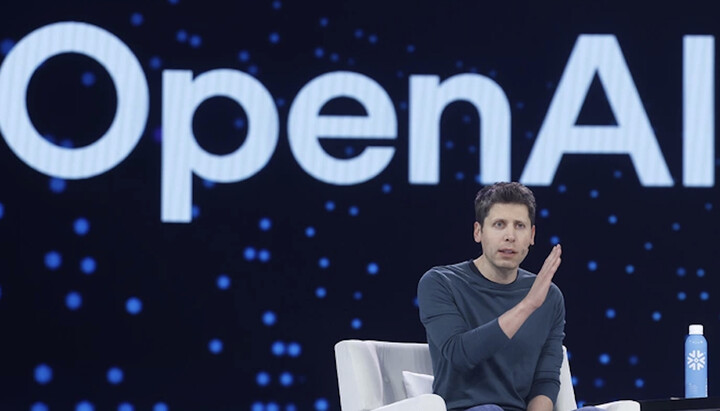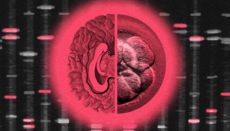U.S. startup to edit embryo genes

Investors from Silicon Valley have invested $30 million in an embryo gene-editing venture.
San Francisco-based startup Preventive has raised nearly $30 million from investors, including OpenAI CEO Sam Altman and Coinbase CEO Brian Armstrong, to develop embryo gene-editing technology aimed at preventing hereditary diseases.
The company intends to develop embryo gene-editing technology, which, according to its founders, should prevent hereditary diseases.
The company, founded as a public benefit corporation, stated its goal is “to determine through rigorous preclinical work whether preventive gene editing can be developed safely to spare families from severe disease.”
Preventive co-founder and gene-editing scientist Lucas Harrington pledged to “not advance this technology to clinical human use if safety cannot be established through extensive research.”
However, the creation of genetically modified children is prohibited in the USA, the UK, and most countries worldwide. According to The Wall Street Journal, Preventive is considering conducting clinical work in the UAE, where such practices are not banned.
Preventive is just one of a number of rapidly growing startups in the field of genetic engineering: among others are Nucleus, offering genetic selection of embryos for ~$10,000, and Herasight, calling itself an "IVF startup."
In May 2024, scientists from the Children's Hospital of Philadelphia successfully applied CRISPR technology for the first time to treat an infant with a rare genetic disease – a milestone that supporters call a "historic milestone."
Some researchers are already openly saying that in the future, the technology will allow "changing any section of DNA at will."
It was precisely such prospects in 2019 that led Christian geneticist Francis Collins to call for a moratorium on hereditary human editing: "We must never allow technology to overshadow our humanity."
Today, new voices are joining the warnings. The executive editor of The Christian Post, Dr. Richard Land, stated that attempts to edit embryo genes open up enormous moral threats.
“First, which human beings are going to decide which genetic traits are to be preferred and which are not?” he continued. “Treating known genetic defects to make a child normal is one thing. To seek to artificially enhance IQ or musical or athletic ability is quite another matter entirely.”
He emphasized that the desire to change human nature at will inevitably turns into an attempt to "play God," leading to unpredictable consequences.
“In attempting to play God (a fatal attraction for many human beings), we will inevitably fail because we are flawed human beings, not the infinite Heavenly Father. Which traits should be enhanced and what should be culled out of the human genome?” Land asks.
Earlier, the UOJ reported that seven lawsuits were filed against OpenAI due to ChatGPT's incitement to suicide.












